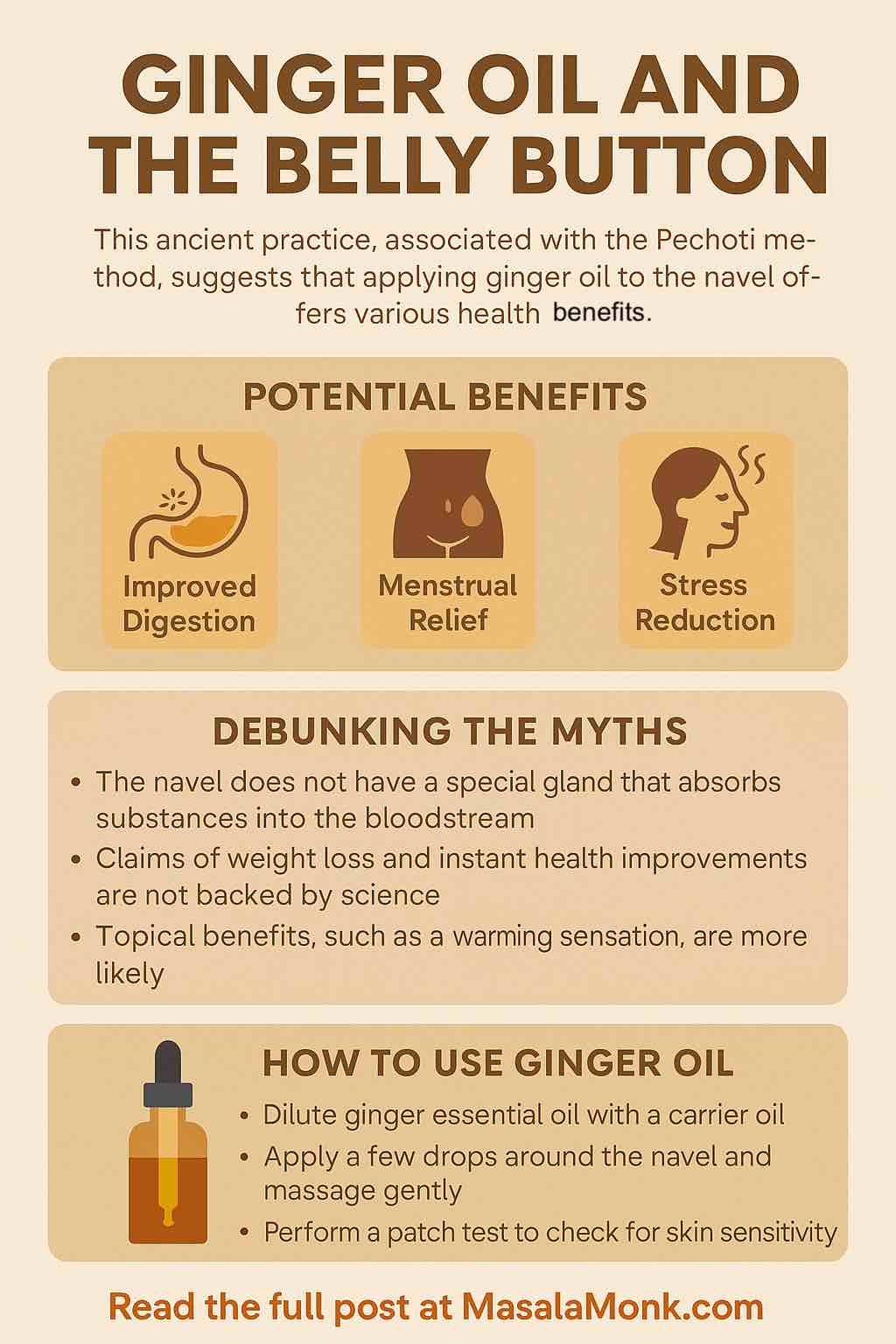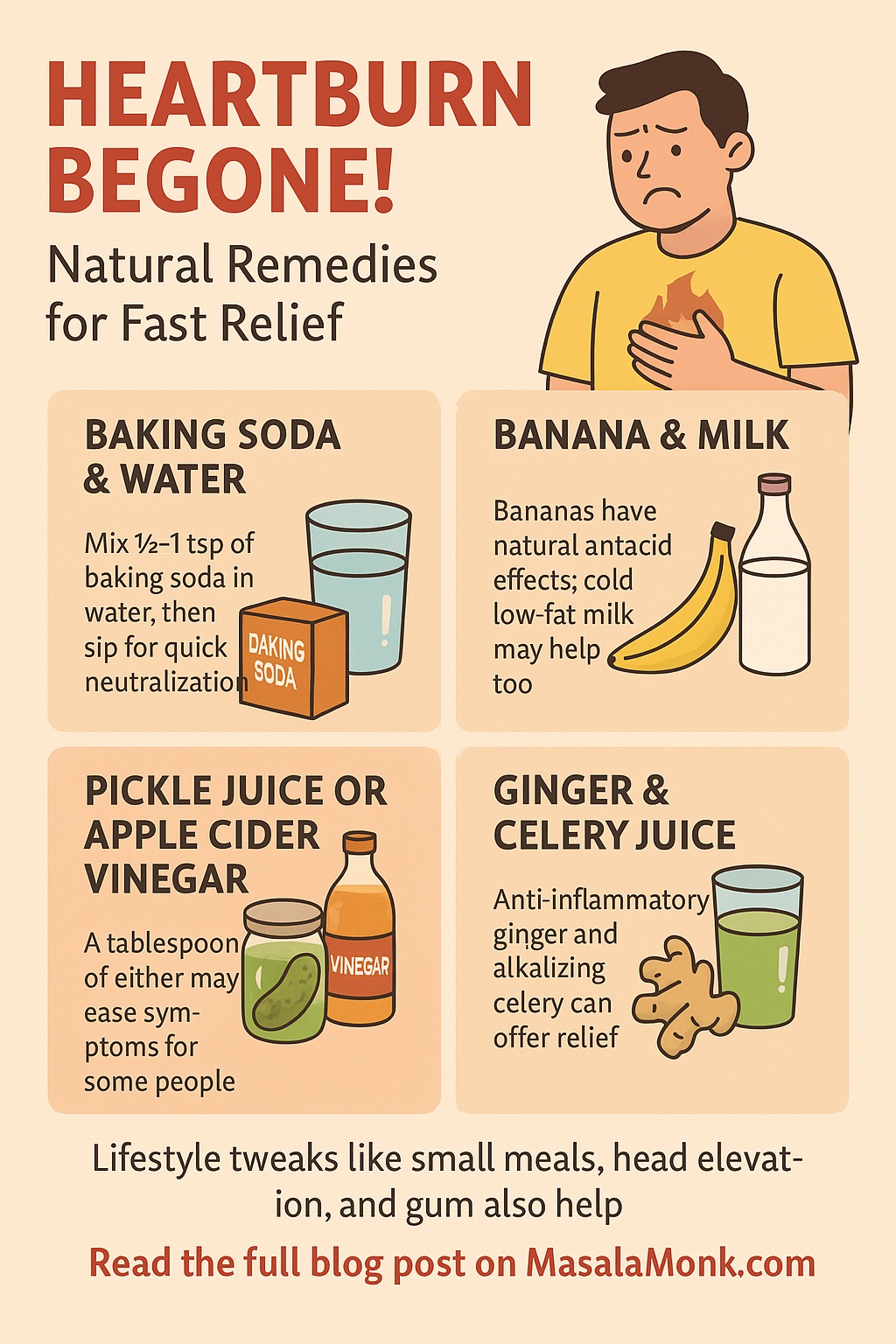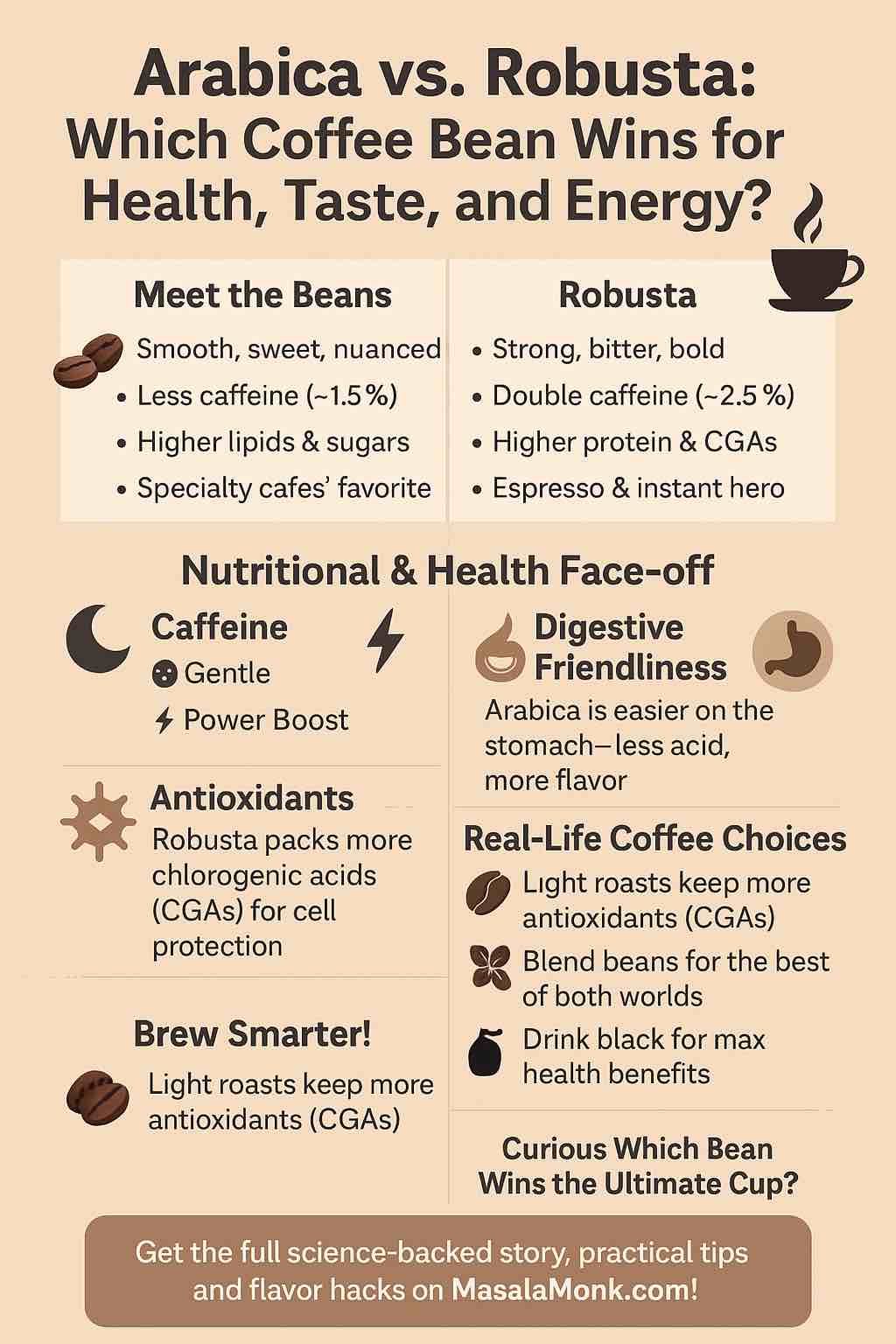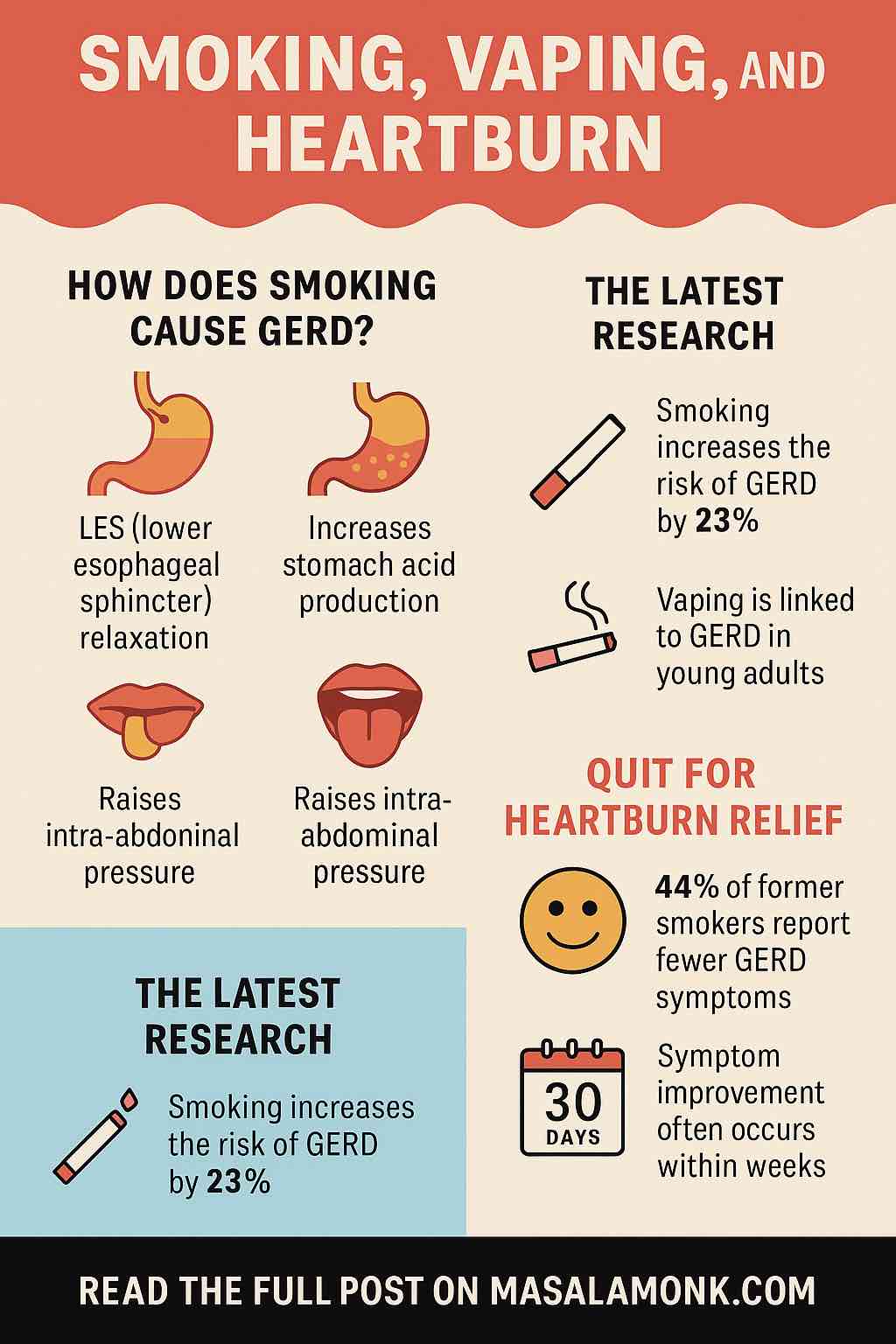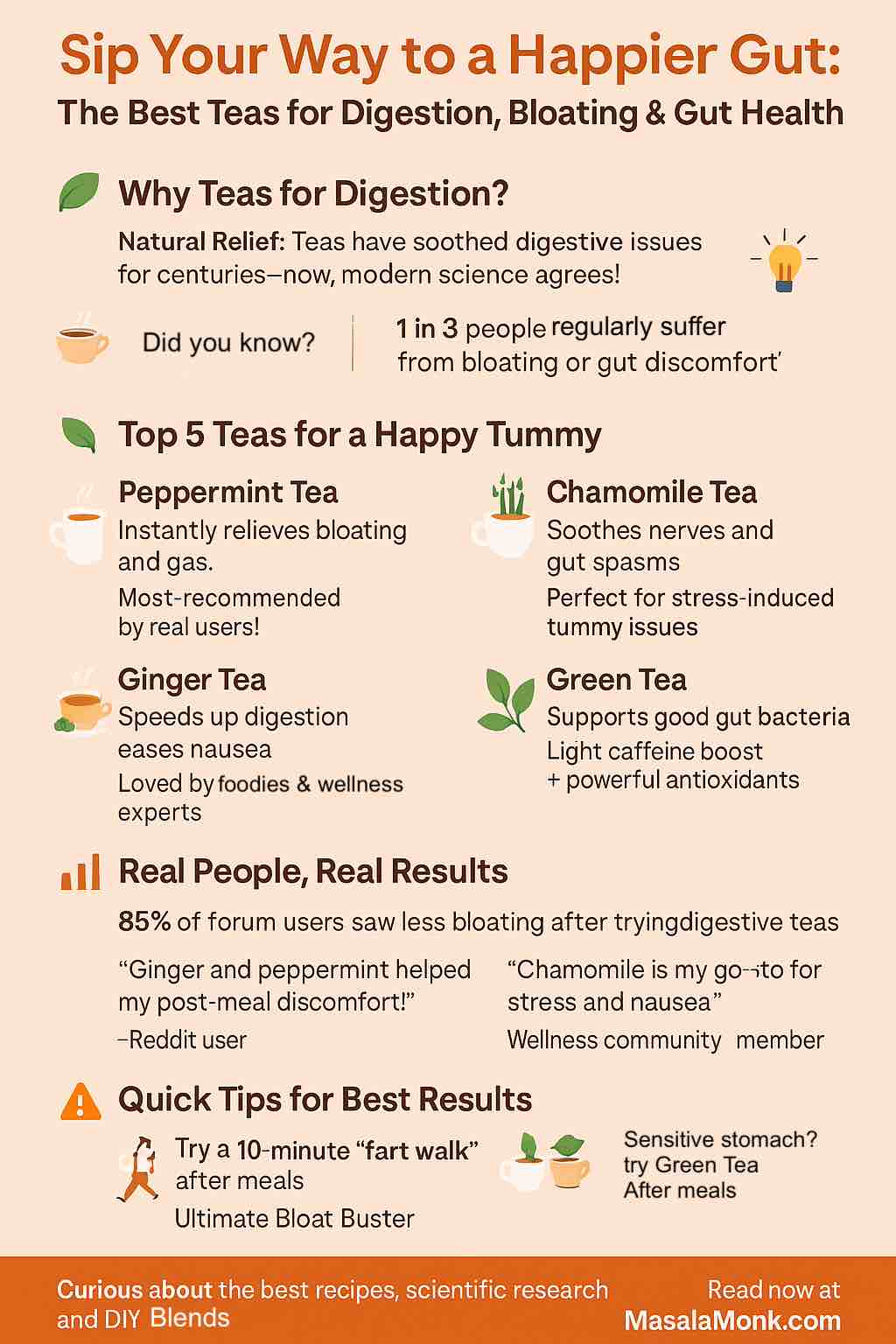
If you’ve ever found yourself clutching your belly after a big meal, searching the internet for “how to relieve bloating fast,” you’re not alone. Digestive woes—whether it’s gas, bloating, cramps, or a sluggish gut—are incredibly common in today’s world. While pharmaceuticals and probiotics have their place, sometimes the most effective remedies are the simplest. Enter the humble herbal tea.
In this post, we’ll explore the most effective teas for digestion and gut health, how and why they work, what the latest science says, and—crucially—what real people are saying about their results. Plus, you’ll get recipes, blending tips, and lifestyle tweaks to help you reclaim comfort, one cup at a time.
Why Tea? The Science Behind Herbal Sips
For centuries, cultures worldwide have relied on herbal teas to calm the gut, reduce discomfort, and gently nudge digestion in the right direction. Modern research is catching up, showing that certain plant compounds—like gingerols, menthol, and polyphenols—can relax intestinal muscles, stimulate digestive juices, and even balance the gut microbiome.
But not all teas are created equal. Here are the proven winners.
1. Peppermint Tea: The Gas and Bloating Buster
How It Works:
Peppermint contains menthol, which naturally relaxes the smooth muscles of the GI tract. This helps gas move along and eases the cramping that causes so much discomfort.
Research says:
Peppermint oil is clinically proven to ease IBS symptoms like bloating and pain. Tea isn’t as concentrated as oil, but many people still swear by it.
User voices:
“Peppermint tea!!! The best.”
“Drink mint tea after eating, helps calm bloating loads.”
(Reddit forums)
Practical tip:
Steep a peppermint teabag or a tablespoon of dried leaves for at least 10 minutes for best results. Avoid if you have acid reflux—peppermint can make it worse.
2. Ginger Tea: For Speedy Digestion and Nausea
How It Works:
Ginger stimulates saliva, bile, and gastric enzymes, helping food move through your system faster. It’s also a powerful anti-nausea agent and anti-inflammatory.
Research says:
Multiple studies support ginger’s ability to reduce indigestion and speed up stomach emptying.
User voices:
“After my lap I drank ginger tea, which helped a lot.”
“Ginger/ginger and lemon: my 1st choice for any stomach discomfort shortly after eating.”
(Reddit)
Practical tip:
Slice fresh ginger (about 1–2 inches), steep in hot water for 10 minutes. Add lemon for extra zing. May cause mild heartburn in some—if so, try fennel or chamomile instead.
3. Fennel Tea: Ancient Relief for Gas and Cramps
How It Works:
Fennel seeds contain anethole, a carminative compound that relaxes the gut and helps expel gas.
Research says:
Fennel is used globally for digestive support; human studies show it can ease bloating and improve digestive comfort.
User voices:
“You can get plain fennel seeds… then pour boiling water over and let steep … Does the same thing and no sugar.”
(Reddit)
Practical tip:
Crush 1–2 teaspoons of fennel seeds, pour over boiling water, and steep for 10–15 minutes. Strain and sip after meals.
4. Chamomile Tea: Calm Your Gut, Calm Your Mind
How It Works:
Chamomile isn’t just for sleep—it’s a gentle antispasmodic, meaning it calms muscle spasms in the gut and also helps with stress-induced digestive upsets.
Research says:
Chamomile is part of clinical blends (like Iberogast) shown to reduce GI pain and indigestion.
User voices:
“I have chronic nausea and chamomile is the only tea that actually helps settle it.”
(Reddit)
Practical tip:
Steep 1–2 chamomile teabags or a tablespoon of dried flowers for 10 minutes. Best enjoyed in the evening, especially if stress is a trigger for your gut.
5. Lemon Balm, Turmeric, Green Tea & More: Supporting Cast
Lemon Balm:
Gentle antispasmodic and mood-soother—ideal for stress-related bloating.
Turmeric Tea:
Contains curcumin, a potent anti-inflammatory. May help with IBS symptoms and overall gut inflammation. Add black pepper to enhance absorption.
Green Tea:
Rich in polyphenols, which feed good gut bacteria and reduce inflammation. Some people find it hard on an empty stomach, so try after food.
User caveats:
A few users report green/white tea can irritate their gut or cause “stomach burning”—best to avoid on an empty stomach if you’re sensitive.
Real-World Blends and DIY Recipes
Ginger + Fennel Tea for Bloating:
- 1 inch sliced fresh ginger
- 1 tsp fennel seeds (crushed)
- Steep in 2 cups boiling water for 15 minutes, strain, sip warm.
Chamomile + Lemon Balm Stress Soother:
- 1 chamomile teabag (or 1 tbsp dried)
- 1 tsp dried lemon balm (or a sprig fresh)
- Steep 10–12 minutes.
Peppermint + Ginger Digestive Powerhouse:
- 1 peppermint teabag or 1 tbsp dried leaves
- 3–4 slices fresh ginger
- Steep together for 10+ minutes.
The “Fart Walk” and Other Lifestyle Tips
New in 2025, the so-called “fart walk” (yes, really!) is taking the internet by storm. It’s simple: a brisk 10–15 minute walk after meals can stimulate the gastrocolic reflex, speeding up digestion and helping gas move along. Pair it with your favorite tea for a double benefit.
Other essentials:
- Increase fiber gradually (oats, veggies, seeds)—too much, too soon can cause more bloating.
- Stay hydrated—water and teas help flush your system.
- Eat mindfully—slow down, chew well, and don’t overload your stomach.
- Limit artificial sweeteners, carbonated drinks, and greasy foods that can trigger or worsen bloating.
What to Watch Out For
- Peppermint tea can worsen acid reflux in sensitive folks.
- Chamomile may cause allergies if you’re sensitive to ragweed.
- Fennel tea is best avoided in pregnancy unless your doctor approves.
- Green tea has caffeine; limit late in the day if you’re sensitive.
Final Thoughts: Find What Works for YOU
While the science and tradition behind these teas is strong, gut health is individual. What’s magic for one person may do little for another—so experiment! Start with one tea, note your symptoms, and try combinations for tailored relief.
And remember, if bloating, pain, or indigestion is severe or persistent, check with your healthcare provider—sometimes, these symptoms are signs of underlying issues that need attention.
Quick Reference Table
| Tea | Best For | How to Use | Watch Out For |
|---|---|---|---|
| Peppermint | Gas, bloating, cramps | Steep 10+ min, post-meal | Worsens reflux in some people |
| Ginger | Indigestion, nausea | Fresh slices, 10–15 min steep | Possible heartburn |
| Fennel | Gas, cramps | Crushed seeds, 10–15 min steep | Use with caution in pregnancy |
| Chamomile | Stress, mild nausea | Dried flowers, 10 min steep | Allergy (ragweed family) |
| Lemon Balm | Stress-bloating | Dried or fresh, 10 min steep | Rare allergy |
| Turmeric | Inflammation | Root/powder, add black pepper | High doses—bleeding risk |
| Green Tea | General gut support | Steep 2–3 min, after meals | Empty stomach irritation, caffeine |
Your Turn: Try, Blend, Share!
Start your gut-healing journey with a mug of one of these teas, try a post-meal walk, and pay attention to what works for your unique system. Do you have a favorite tea or blend that’s worked wonders for your digestion? Share your experience in the comments below—let’s help each other feel our best, naturally.
Cheers to a happier gut—one soothing sip at a time!
References: Reddit Forums, Healthline, RealSimple, Times of India, and more.
10 FAQs About Teas for Digestion, Bloating, and Gut Health
1. Which tea is best for bloating and gas?
Peppermint tea is the top choice for bloating and gas thanks to its muscle-relaxing properties. Fennel and ginger teas are also highly effective for reducing gas and supporting digestion.
2. Can I drink digestive teas every day?
Yes, most digestive teas (like ginger, chamomile, fennel, and peppermint) are safe for daily use in moderate amounts. Watch for individual sensitivities and rotate blends if using long term.
3. Is it safe to mix different herbal teas?
Generally, mixing digestive herbs (e.g., ginger and fennel, chamomile and lemon balm) is safe and can offer synergistic benefits. Avoid overdoing strong herbs like licorice or bitter blends unless advised by a professional.
4. How soon will I notice benefits after drinking a tea?
Many people feel relief from bloating or indigestion within 15–30 minutes after drinking a warm cup. Consistency (drinking regularly) can improve long-term gut health.
5. Can digestive teas help with chronic issues like IBS?
Herbal teas like peppermint and chamomile are supported by studies to relieve certain IBS symptoms (bloating, cramps). They are a helpful addition but not a cure—consult a healthcare provider for chronic concerns.
6. Will drinking tea on an empty stomach cause discomfort?
Some people experience nausea or stomach discomfort with green tea or strong herbal teas on an empty stomach. If this happens, enjoy your tea after a meal or snack.
7. Are there any side effects or people who should avoid these teas?
Yes. Peppermint can worsen acid reflux; chamomile may cause allergies in those sensitive to ragweed; fennel should be used cautiously in pregnancy; licorice can raise blood pressure with overuse; green tea contains caffeine.
8. Can I use fresh herbs or do I need store-bought tea bags?
Both work! Fresh ginger, mint, or fennel seeds can be more potent and flavorful. Store-bought teas offer convenience—just look for high-quality, additive-free options.
9. Are these teas safe for children?
Most are safe in small, diluted amounts (e.g., chamomile, fennel, ginger) for children over age one. Avoid caffeine-containing teas and always consult a pediatrician for young children or frequent use.
10. What else can I do besides tea for better digestion and less bloating?
Combine tea with habits like slow eating, regular exercise (such as a post-meal “fart walk”), gradual fiber increases, and staying hydrated. Avoid heavy, greasy, or carbonated foods and drinks that worsen bloating.

